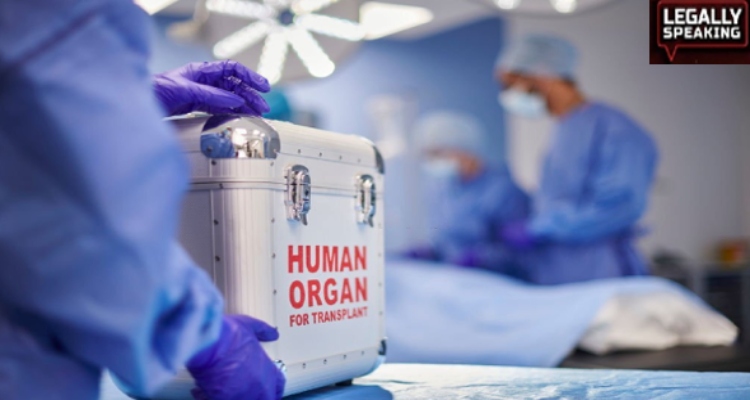
The Supreme Court on Friday sought responses from the Centre, the Directorate General of Health Services (DGHS), and states in response to a PIL seeking a directive allowing only registered medical institutions to engage in the removal, storage, or transplantation of human organs and tissues.
A bench of Justice Surya Kant and Justice KV Viswanathan acknowledged senior advocate Vikas Singh’s submission on behalf of the PIL petitioner. Singh emphasized the urgent need to ensure that government or semi-government medical institutions are registered with the National Organ and Tissue Transplant Organization (NOTTO) for the transplantation of human organs and tissues.
Singh highlighted the dominance of living donors as the primary source of kidneys and livers for transplantation in India and urged a shift in this trend through systematic reforms. He also urged the implementation of recommendations from a task force led by Dr. YK Chawla, the former Director of PGIMER, Chandigarh, focusing on “Organ Donation and Transplantation.” The senior advocate cited the report, emphasizing the need to streamline and strengthen medical facilities involved in transplantation.
In addition to the Centre and the DGHS, the PIL, filed by the Madhya Pradesh-based organization “Gaveshna: Maanvotthan Paryavaran Evam Swasthya Jaagrookata Samiti,” has named the National Organ and Tissue Transplant Organization (NOTTO), along with all states and Union Territories, as parties to the petition.
The PIL, filed through lawyer Varun Thakur, seeks a directive for government or semi-government medical colleges and district hospitals to fulfill the requirements outlined in Section 14 and 14-A of the Transplantation of Human Organs (Amendment) Act, 2011.
The plea states, “Direct the Respondent (Centre and others) to constitute the Advisory Committees to advise the Appropriate Authority as per Section 13A of The Transplantation of Human Organs (Amendment) Act, 2011…,” emphasizing Section 13A’s provision for setting up advisory committees by the Centre and states for two years to assist and advise the appropriate authority in functions related to transplantation of human organs and tissues.
Quoting Section 14, which stipulates that no hospital can commence activities related to the removal, storage, or transplantation of human organs and tissues without proper registration, the PIL underscores the significance of compliance with the Transplantation of Human Organs (Amendment) Act, 2011.
The plea highlights the potential for organ harvesting from fatalities resulting from road traffic accidents (RTA) and cerebral vascular accidents (CVA) in India. It emphasizes the substantial number of organs that could be procured for transplantation from these patients, given the prevalence of RTA and CVA cases in the country.




